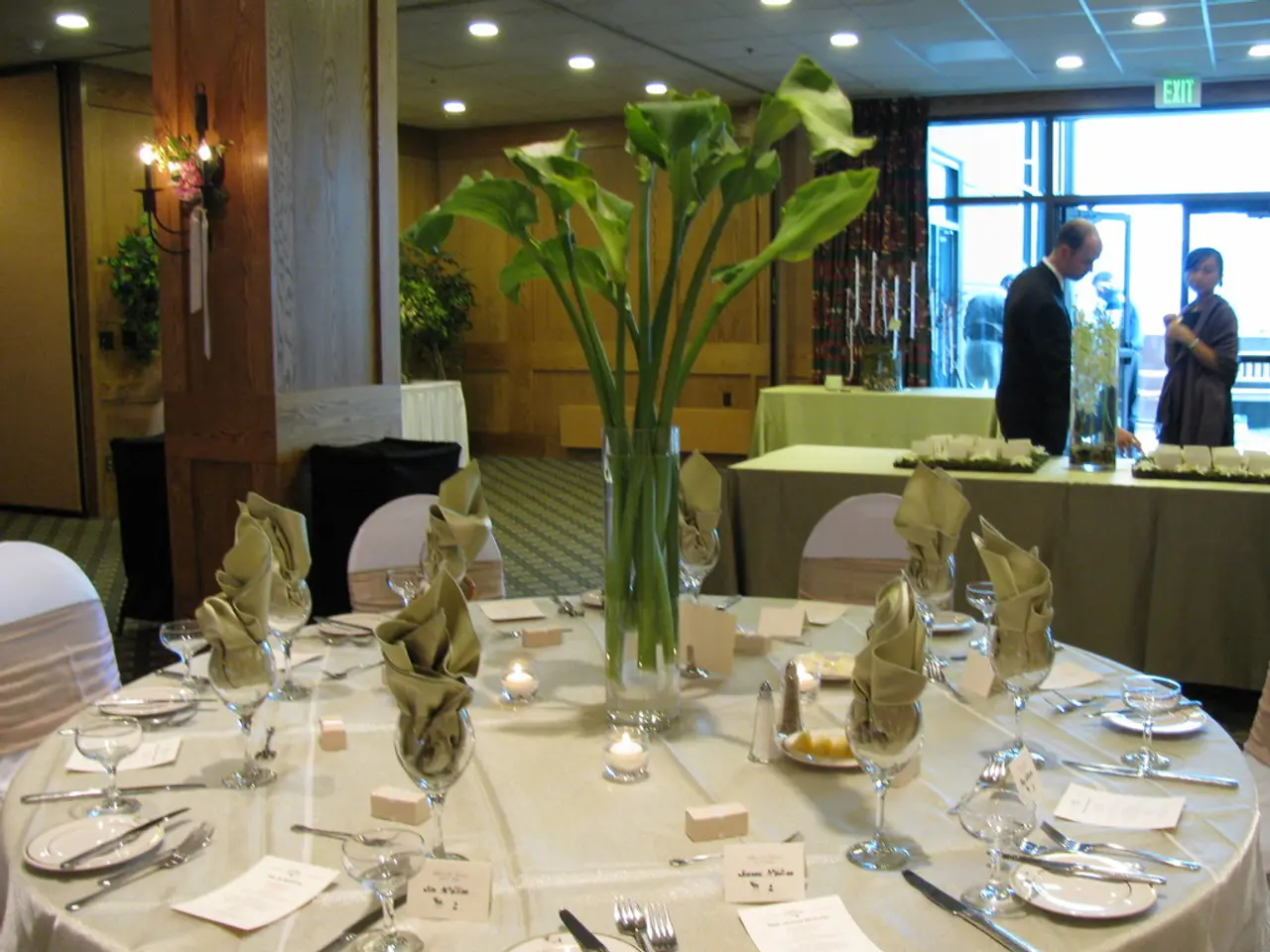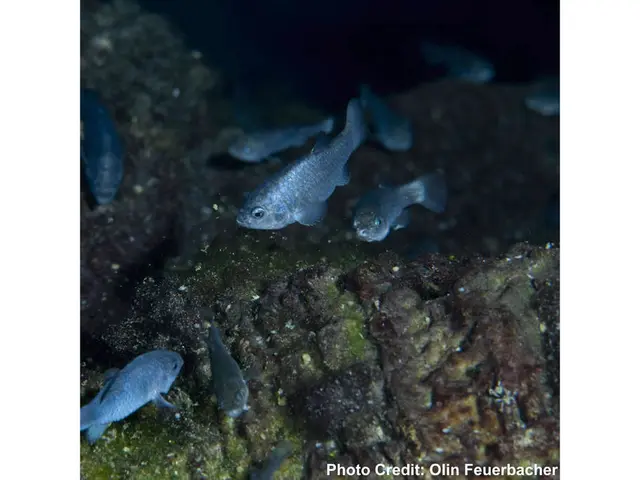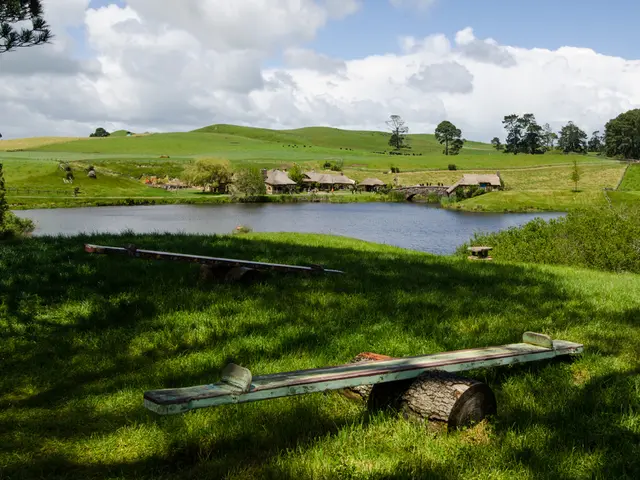Might Riyadh's hotel expansion usher in a new standard for eco-friendliness around the world?
In the heart of the Middle East, Saudi Arabia is making strides in transforming its tourism sector while prioritising environmental sustainability. This shift is particularly evident in the city of Riyadh, where a wave of hotel construction is underway.
The 1 Hotel branch in Riyadh is leading the charge, implementing a host of sustainable measures. These include composting, energy-efficient district heating powered by waste and wood chips, air-to-air climate systems with energy recovery, smart occupancy sensors to optimise lighting and airflow, reused furniture, environmentally friendly wall coverings for improved indoor air quality, reduction of single-use items, and guest engagement programs like "1 Less Thing" to support local donations. All these initiatives align with Saudi Arabia’s Vision 2030 and Net-Zero 2060 climate goals.
Companies like the Saudi Investment Recycling Co. (SIRC), a Public Investment Fund subsidiary, are playing a crucial role in this transformation. SIRC develops and operates recycling infrastructure across all waste types, and guides others to utilise recycled materials in construction. One such example is the use of recycled materials in the construction of over 40 buildings in the King Abdullah Financial District, many of which have earned LEED Silver or Gold certifications.
SIRC also converts demolition debris into certified concrete aggregates used in landmark projects, demonstrating the potential for circular economy principles in the kingdom.
Riyadh's sustainability strategy includes a goal of a 50 percent citywide reduction in carbon emissions. To achieve this, comprehensive solutions are being implemented, such as AI-managed water recovery networks and the reuse of 100 percent of treated water for irrigation and greening.
As Expo 2030 approaches, Saudi Arabia is fundamentally reimagining how environmental resilience is embedded in every operational variable. For instance, Shebara along the Red Sea coast operates with near-zero marine impact through solar-powered reverse-osmosis desalination.
Moreover, the city's sustainability efforts extend beyond hotels. Dar Tantora in AlUla features mud-brick guest rooms using ancient thermal-mass principles for natural temperature regulation.
The goal is to cement Saudi Arabia’s place as a global tourism hub, with a $1 trillion investment. This investment will create 360,000 real-world laboratories for sustainable innovation, as Riyadh aims to add 360,000 new hotel rooms by 2030.
However, verification gaps present another complexity. The absence of Saudi and GCC-authorized accreditation bodies for auditing recycled content percentages creates vulnerability to greenwashing claims. Despite this, the kingdom is committed to transparency and continuous improvement in its sustainability efforts.
In conclusion, Saudi Arabia's approach to sustainable tourism is a testament to its commitment to harmonising growth with planetary stewardship. Transformative solutions, such as those being implemented in Riyadh, position the country to lead global sustainability standards tailored for hyper-arid regions.







